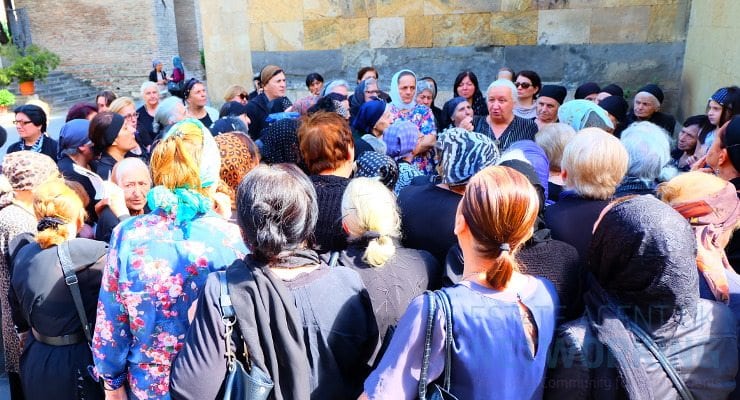How much can a retirement village in Australia cost?
Retirement villages comprise furnished complex apartments meant for people over 55 who are retired and can afford to live independently. They are designed to make life easy for them as they age. Most people opt to sell their current houses and move to retirement villages where amenities are all catered for and easily accessible. When looking for a retirement village in Australia there are a number of options, and Alondra Residences, an award winning retirement village in North Brisbane is an example of luxury retirement living at affordable prices.
Retirement villages can be expensive to move into. Still, they may well be worth it since they offer high-end living in developed communities, and they are also geared towards retirees whose primary purpose is to enjoy their life after retirement. Retirement villages provide a variety of services and accommodation to residents. Services include gyms, libraries, and pools. Activities include golfing, organized crafting classes, and going for outings.
Retirement village costs can be confusing since they vary according to location and the type of apartment. Generally, housing in retirement villages ranges from between $200,000 to $500,000 in some areas and $2 million to $4 million in more affluent locations. Moving into a retirement village is a huge financial decision. You have to consider several factors before you decide to spend on an apartment in a retirement village.
First, there are different types of contracts involved that you need to consider as each has an additional cost involved
- Strata Title: In this type of contract, you agree with a former resident of the retirement village or the retirement village operator. You pay them a certain amount of money, and then the unit they used to stay in gets transferred to you. You also need to sign an agreement with the operator of the retirement village.
- Loan and Licence: This is a contract between an individual and an organization like a church or a charitable village operator. In this agreement, you get to stay in a unit but do not own the apartment.
- Leasehold agreement: In this agreement, you pay a lump sum amount of money which gets recorded into the title deed of the unit. The title deed protects you in case the retirement village gets sold.
There are different costs involved when moving into a retirement village. These include:
1. Deposit
The deposit is usually the initial amount paid to a village operator to express your interest in staying in the retirement village. This money is typically refundable in case your interest changes within a certain period, mostly 90 days. By paying this amount, the village operator holds an apartment or unit for you until you are ready to move in.
2. Entry Fees
In some retirement villages, the entry amount is paid before moving into a retirement village. This amount is usually high and largely depends on the unit you are securing, its condition, age, and location. A house with more bedrooms will have a much higher entry fee compared to one with fewer rooms.
3. Monthly Fees
This is a monthly contribution paid by the resident of a unit. It usually goes towards maintenance of the apartment or service fees rendered. In wealthy areas, the ongoing costs could be as high as $1000 every month, while in some areas, it could be as low as $165. However, the monthly fee is not fixed in some areas. They depend on the number of services or the cost of maintenance done during the month.
4. Exit fees
Exit fees are charges paid to the village operator if the resident decides to move out before the agreed stay period has elapsed. If you do not do your research well and read into a contract before signing it, you may end up making a decision you can’t take back. Some retirement villages have extremely high exit fees, and therefore it is essential that you only sign the contract once you’ve entirely made up your mind. Many people want to move out of retirement villages soon after moving out only to realize they will have to incur a deferred management fee when they move out. Some retirement villages offer a one-off or annual payment plan for exit fees, so you may end up paying for an apartment years after you move out of the retirement village.









